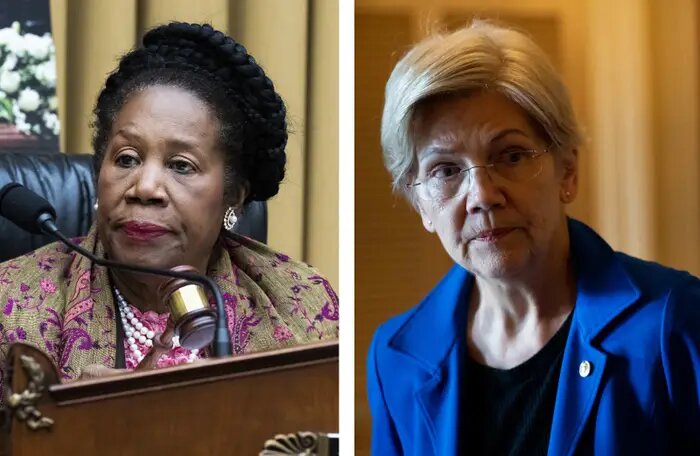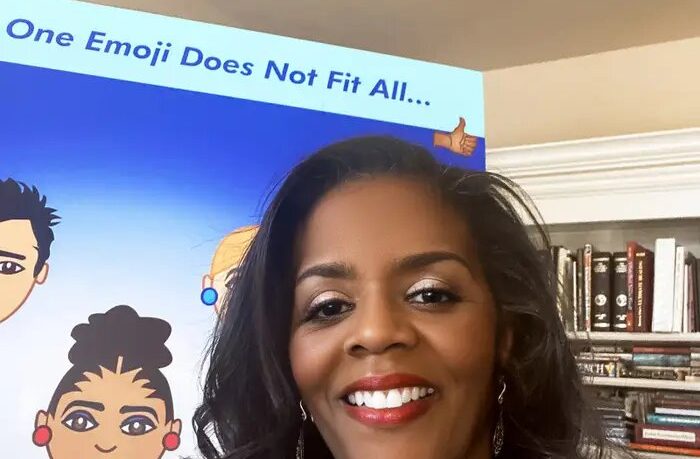Long before Apple implemented color emojis, Katrina Parrott had devised the idea to create a diverse range of emojis for all skin tones.
In 2013, Parrott had a lightbulb moment after her daughter complained she couldn’t send emojis that looked like her to her friends. Despite not knowing much about what emojis were – Parrott decided to invest her money into designing a diverse range of emojis.
According to a report by BuzzFeed News, Parrott used all her savings to hire a software engineer, illustrator, and copyright specialist to launch iDiversicons. The app gave users access to 300 diverse emojis for just 99 cents a pop. Big Techs had yet to take emoji diversity seriously until Parrott came along.
Emojis designed by Parrott
Despite the idea being both innovative and essential, Parrott’s idea was shut down by the Patent Office. Years later, Apple rolled out its range of skin tone emojis, and Parrott has yet to gain recognition for her idea.
Underrepresented inventors – particularly Black women – are known for facing unprecedented barriers when attempting to have their patents approved.
Reports have revealed that the U.S. patent system has a long-standing issue of blocking Black inventors from getting their patents approved. Researchers believe the underrepresentation has led to the U.S. missing out on significant inventions.
Last year, it was noted that Apple had received 72054 patents globally despite Parrott’s idea for diverse emojis being rejected multiple times across five years.
“It’s really frustrating,” Parrott told Buzzfeed. “When you put your heart and soul and resources into an idea that has impacted so many lives and then be rejected when you go to the place to formally get recognized for it.”
“I feel as if I’ve been harmed, and I just want my patents at this point.”
This week, Democratic Sen. Elizabeth Warren and Rep. Sheila Jackson Lee of Texas will use Parrott’s example to demand answers from the U.S. Patent Office about why underrepresented inventors are granted significantly fewer patents than Big Techs.

“We are writing to express our concerns regarding the disproportionate challenges that small businesses, women, people of color, and other underrepresented minorities face in the patent approval process,” stated Warren and Jackson in a letter.
A USPTO spokesperson has confirmed that the Patient Office plans to respond to the letter by the Feb 28th deadline.
The questions posed to the office will hopefully be the first step in initiating change, giving underrepresented innovators a chance to receive product patents.



